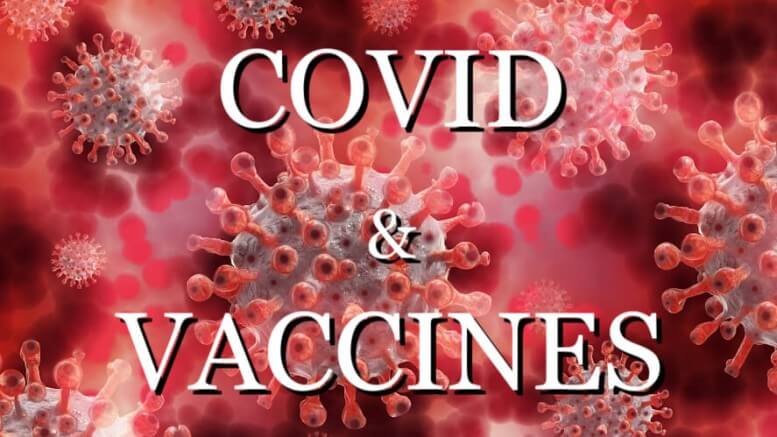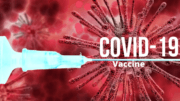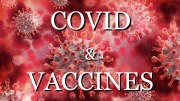On virtually every interview I am asked about the market demand for unvaccinated blood transfusion.
Early in 2021, myself and two prominent pathologists wrote to the American Association of Blood Banks, American Red Cross, and other blood banking authorities about the possibility of COVID-19 vaccinated persons donating blood contaminated with mRNA and Spike protein.
Our letter was answered months later with acknowledgement of the potential problem but with no action taken. Now nearly two years later, the seroprevalence for sensitive antibodies against the Spike protein (whether by natural infection, vaccination, or both) is nearly universal in American populations.
This means Spike protein could be within a small number CD16 monocytes in virtually every blood donation. This leaves the remaining issue of of circulating lipid nanoparticles containing mRNA which are circulatory after vaccination for 15 days and probably longer.
While I understand that no unvaccinated person wants to receive mRNA by blood product donation, there are many reasons why such donors cannot be excluded from the blood supply: 1) there are no standardized assays for mRNA (or adenoviral DNA) or circulatory Spike protein (Novavax), 2) the duration of circulation is unknown, 3) the viability of mRNA in warm blood collection, specimen preparation including initial separation and washing, and storage is unknown, 4) the impact of blood filters during transfusion on mRNA is undetermined.
The proposed answer to these shortcomings is to develop a separate blood banking system based on unvaccinated donors.
This is not feasible for the following reasons:
- too few donors, only 17% of the adult US population is completely unvaccinated according to CDC,
- no way to ascertain the truthfulness of unvaccinated status (no mRNA or Spike assays as above,
- inability to safely cross match on critical red cell antigens with limited pool,
- insufficient donors for pooled products (fresh frozen plasma, cryoprecipitate),
- inadequate infrastructure to maintain massive transfusion protocols (packed red cells, fresh frozen plasma, platelets, cryoprecipitate, fibrinogen) in hospital blood banks for critical patients,
- no interest or endorsement from national or regional blood banking systems.
In summary the field of blood banking is complex, highly regulated, and is tied to critical care of patients in immediate need of transfusion. No matter how strong the desire, there is simply no realistic, feasible, or practical way to achieve a vaccine or Spike protein-free blood supply.
If a blood transfusion is needed and acceptable to a critical patient, it can be administered from the existing supply using standard blood banking techniques. We should be vigilant to unusual transfusion reactions and case reports that could demonstrate transfer of mRNA in the future—but to date no such reports have been published. Efforts spent on blood supply safety should be aimed at deferral of blood donation by those recently vaccinated for 30 days or more as a responsible and respectful action in consideration of a potential unvaccinated recipient. Blood banks should document all COVID-19 vaccinations on the intake forms and throughout the blood banking process.
If you find “Courageous Discourse” enjoyable and useful to your endeavors, please subscribe as a paying or founder member to support our efforts in helping you engage in these discussions with family, friends, and your extended circles.
SOURCE: Peter A. McCullough’s SUBSTACK





